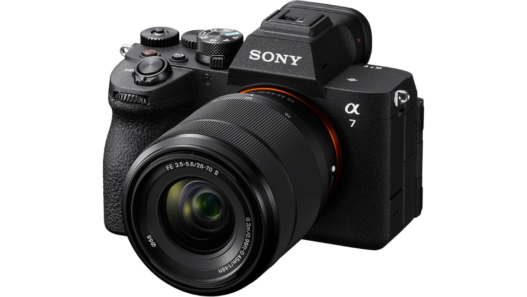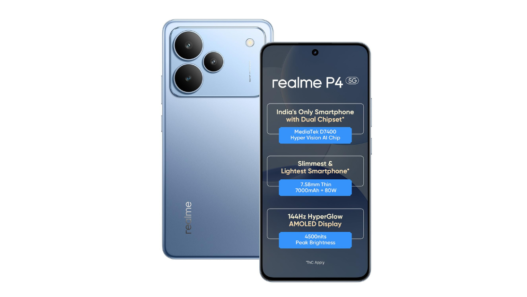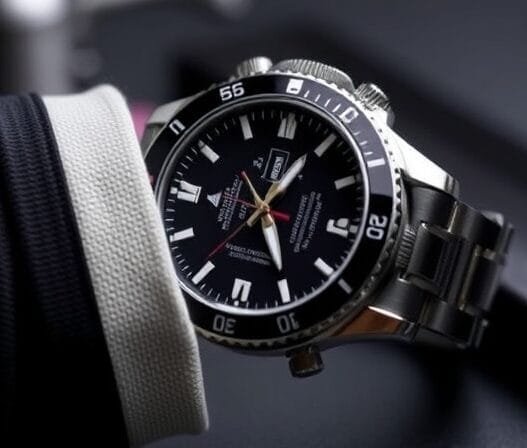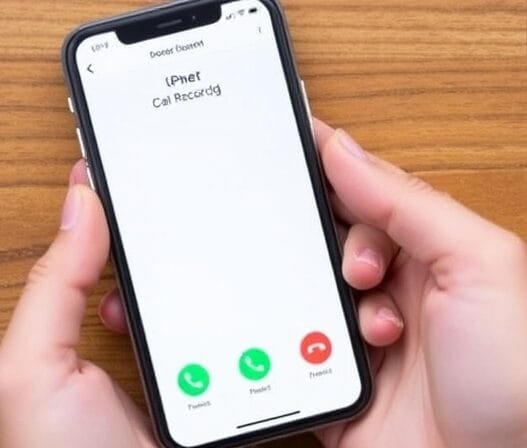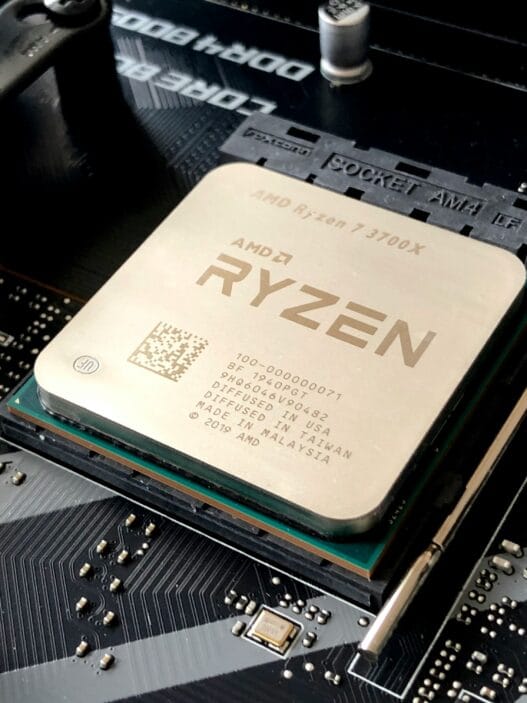Table of Contents
Explore the Aerodynamic Marvel: The Avata 2 Drone
As soon as you open the box, you can see the work done by DJI’s designers. More compact, the Avata 2 is also better streamlined than its predecessor. Lower and lighter (377 g compared to 410 g for the Avata 1), it is equipped with four propellers positioned on top.
This inverted arrangement of the propellers (underneath the Avata 1) is felt in the drone’s flight behavior. More agile, it also fits more easily into tight spaces. This choice also allows the FPV drone to be quieter than its predecessor (81 db maximum).
The Avata 2 always finds its energy in a removable battery that comes in handy for lengthening flight sessions. In its most comprehensive package (the one in our test), DJI delivers all three batteries with a charging station. You can therefore chain flights by changing the battery on the fly.
On the side of the drone, a discreet hatch hides a USB-C port as well as a microSD card slot. The latter is not essential, as the Avata 2 has an internal memory of 46 GB.
Flying Experience with DJI Avata 2 Pricing and Availability
DJI offers its Avata 2 alone at a price of $500. For this price, you do not have any remote control or other essential control accessories for this model. The “classic” remote control is priced at $159, and the Google 3 (with the motion controller) is priced at $705.
To get started well-equipped, DJI also sells a Flymore combo pack for $1069. It includes the drone, the Google 3 headset, the motion controller, and a battery. The same pack is offered with three batteries at a price of $1283.
Mastering Flight: Navigating the Avata 2
The impressive footage shot with an FPV drone tends to make us believe that this practice is reserved for seasoned pilots. This is not the case. To make the experience as intuitive as possible, DJI delivers the Avata 2 with the Googles 3, a new headset that allows you to view the drone’s flight as if you were in the cockpit (in 1080p).
Like the drone, the headset inherits the main elements of its predecessor (integrated battery and micro-SD card slot, lens settings, control buttons) and a few new features. An additional module, positioned at the level of the forehead, allows you to adjust the orientation of the helmet for better visibility. Inside, a thin layer of rubber provides more comfort and avoids condensation problems when flying in wet and cold environments.
The main new feature of the Google 3 is the integration of two cameras on the front. They allow you to “get out of the cockpit” with one click (actually two taps on the left side) to observe the real world around the pilot. And avoid removing the helmet. While the idea is interesting, the execution is unconvincing due to a too small field of vision.
The Google 3 would be nothing without the new “Motion Controller 3” remote control. Like the previous version, it uses the form factor of a joystick. More compact, this remote control allows you to control the drone with the movements of the wrist.
Once equipped with these two accessories, the user has nothing to envy (or almost envy) about Tom Cruise in Top Gun. By reducing latency to 19 ms, DJI makes flying even more intuitive and responsive. The trigger on the back of the remote control allows you to launch the drone and then perform acrobatics using wrist movements. When the trigger is released, the drone stops dead in its tracks. A joystick also allows the drone to be moved sideways and vertically. With a little practice, you can combine these movements with those of the wrist to make creative plans.
For beginners, DJI offers three one-touch aerobatic shooting modes. You can choose to have fun doing side spins, loops, or 180° drifts (tilt in reverse after a 180° turn).
The immersion is total, especially since DJI integrates a headtracking mode, allowing you to look all around the drone by simply moving your head. The Motion Controller 3 also has a series of buttons that operate very practical functions: auto-return, pause, switch to live vision, trigger recording.
Finally, thanks to the DJI Fly app, an assistant can view the flight made by the pilot. It can also activate features directly from the app. DJI also recommends the Lightcut app for quick editing directly from your smartphone.
Flying over a nest of boobees
If flying an FPV drone is fun from all points of view, the main idea is still to make video content. DJI is upgrading the Avata 2 sound hardware by equipping it with a steerable camera with a 1/1.3″ sensor. Brighter, it’s capable of shooting in 4K HDR at 60 fps with a 155° field of view. You can also add an ND filter for better rendering.
If we had to compare the image quality to that of a consumer camera, we would say that the Avata 2 is on par with the GoPro Hero 12, the latest action camera from the brand favorite of thrill seekers. Not bad.
As the Avata 2 is a C1 class drone, it can fly near homes and people without prior authorization. On the other hand, in the case of an FPV, the presence of an observer is mandatory.
In flight, the Avata 2 can travel up to 19 m/s, or about 70 km/h, at a maximum distance of 13 km. Despite its light weight, it is resistant to strong winds and other bad weather. Its autonomy of 23 minutes allows for fairly long sessions, especially if you opt for the pack with three batteries; the total time then increases to more than an hour.
Easy to learn, the Avata 2 is fast and responsive. A combo that can quickly give the driver confidence and lead to a small mishap along the way. The Turtle mode (which flips the drone in case of a problem) is there to alleviate these little hassles.
Our review of the DJI Avata 2
With a few tweaks, DJI perfects its FPV drone. More agile, more durable, faster, and even easier to fly, the DJI Avata 2 will satisfy both users who want to hone their driving skills and beginners.


